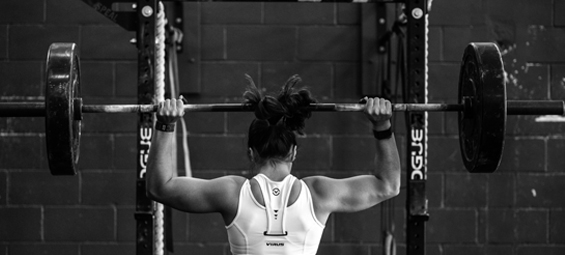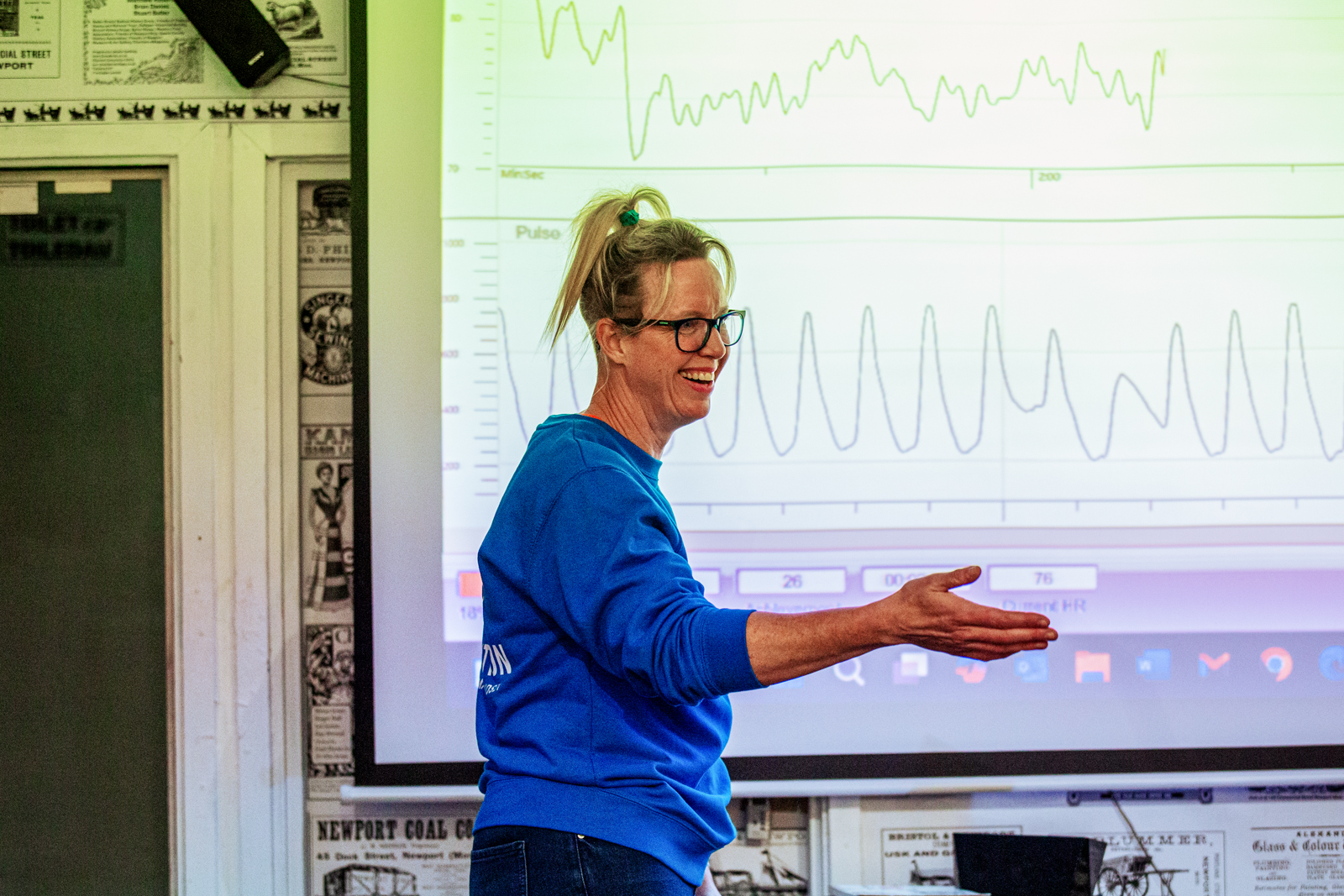If I had no clue what was going on how on earth were the men in my life supposed to?
We must provide support to both men and women to foster healthy relationships, promote emotional well-being, and facilitate understanding and empathy.
Educating men about Menopause and raising awareness can result in more informed and supportive allies (and boy do we need them when the s**t is going down!).
Encouraging men to prioritise their well-being, seek support when needed, and engage in self-care activities is essential for their overall health and resilience. By acknowledging and addressing the needs of men who are involved in this transitional phase, we can navigate menopause with greater resilience and mutual support.
Partner Support: Menopause can not only affect the individual experiencing it but also the males around them. Men may find it challenging to understand the physical and emotional changes their partner is going through during menopause – my other half thought I was a crazy lady for a while! Providing support for men can help them navigate these changes and maintain empathy, resulting in a stronger relationship.
Emotional Support: Men may experience their emotional responses to their partner’s menopausal symptoms, such as frustration, confusion, or concern. They may also struggle with feelings of inadequacy or uncertainty about how to provide support. Access to resources and support networks can help men cope with these emotions and develop healthier ways of responding.
Education and Awareness: We believe the children are our future (you know the song!) but what are we teaching in schools?! My boys now know exactly what Menopause is and what happens! I think the lack of Education means both Men and Women don’t fully understand what menopause entails or how it can impact a woman’s physical and emotional well-being. Educating them and raising awareness about menopause can help them become more informed and supportive allies to their partners during this time.
Communication Skills: Menopause can sometimes strain communication within relationships both at work and home, Colleagues, Managers or Partners may struggle to express their needs and concerns effectively (including understanding what the hell you mean when the brain fog has kicked in!). Support for men can include guidance on improving communication skills, fostering empathy, and maintaining open and honest dialogue with their partners.
Self-Care: Men need downtime too! Supporting a partner through menopause can be emotionally taxing, and men may neglect their own self-care needs in the process. Encouraging men to prioritise their well-being, seek support when needed, and engage in self-care activities is essential for their overall health and resilience.
Navigating Relationship Changes: I read a shocking figure about the number of breakups that happen during Menopause and now I know more I can see why! Menopause can bring about changes in intimacy, sex drive, and relationship dynamics. Men may benefit from support in navigating these changes, understanding that they are natural aspects of the menopausal transition, and finding ways to reignite connection with their partner.
Providing support for men during menopause is crucial for fostering healthy relationships, promoting emotional well-being, and facilitating understanding and empathy. Through Education and Training, it is time to acknowledge the needs of both Men and Women to support both in navigating menopause with greater resilience and mutual support!
Menopause Education and Training Available for Businesses keen to reset the balance!
Please contact me for further details!
www.revolutionpm.co.uk





